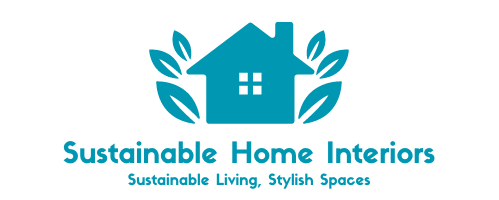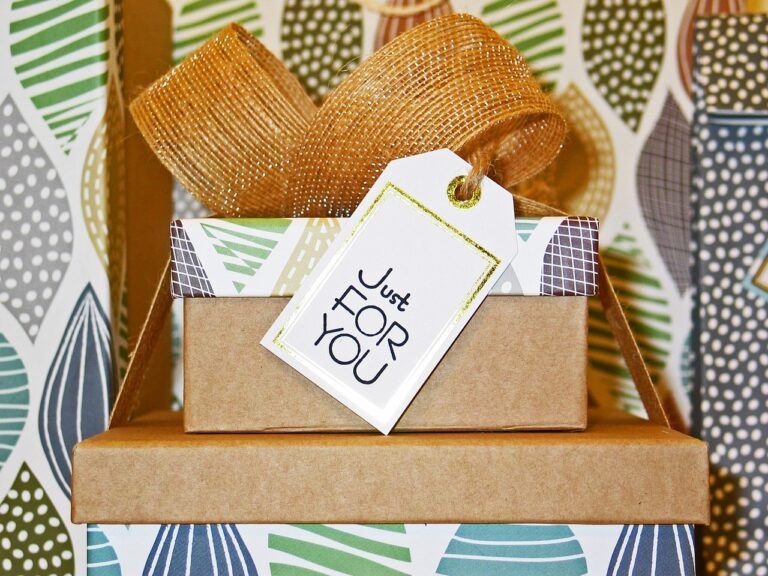Minimalist Decluttering Tips
Introduction
The concept of decluttering, and minimalism has gained significant attention over recent years, largely in response to our lives being filled with constant distractions and consumerism. People are keen to simplify their lives, reduce stress and make more intentional choices using the concept of mindful consumption. Now, you may not want to go down the complete minimalist route, but most people have a place in their home that could benefit from decluttering. So, whether you have decided that minimalism is definitely the direction you want to take or you simply want some easy decluttering strategies, then this post is for you. With these minimalist decluttering tips you can explore the benefits, practical steps, and the positive impact they can have on your well-being and the environment. 
The Benefits of Minimalism
If this is the route you have decided to take, you may already be aware that minimalism is more than just a design trend; it’s a way of life that can bring about a multitude of benefits:
- Reduced Stress: Living in a clutter-free environment can lead to reduced stress levels. Minimalism encourages you to let go of the excess, leaving you with a serene and calming space.
- Increased Focus: A cluttered space often translates to a cluttered mind. Minimalism helps you focus on what truly matters, whether it’s work, hobbies, or personal growth.
- Better Organization: With fewer possessions to manage, staying organized becomes more manageable. Minimalists tend to have well-organized living spaces that require less maintenance.
- Financial Freedom: Buying fewer unnecessary items and focusing on quality over quantity can lead to significant financial savings. You’ll have more resources to invest in experiences or items of higher value.
- Environmental Impact: Embracing minimalism inherently reduces your consumption of resources, contributing to a smaller environmental footprint.
Decluttering Your Living Spaces
Decluttering is the first step toward embracing minimalism. It involves systematically going through your living spaces and removing items that no longer serve a purpose or bring you joy. Here are some practical tips for effective decluttering:
- Start Small: Begin with one room or area at a time to avoid feeling overwhelmed.
- Use the KonMari Method: Made famous by Marie Kondo, this method encourages you to keep only the items that “spark joy.” Check out her website konmari.com
- The 4-Box Method: Label four boxes as “Keep,” “Donate,” “Sell,” and “Trash.” As you go through your belongings, place each item in the appropriate box.
- Set Realistic Goals: Decide on a specific number of items to declutter each day or week. Gradual progress is still progress.
Remember that decluttering is a personal journey, and it’s okay to take your time. The goal is to create a space that aligns with your values and priorities.
Mindful Decision-Making
Mindful consumption is about making conscious choices when acquiring new possessions. Instead of mindlessly shopping or accumulating items out of habit, consider the following steps:
- Pause and Reflect: Before making a purchase, take a moment to reflect on whether you truly need the item.
- Quality Over Quantity: Invest in high-quality items that will last longer and serve their purpose well.

- One In, One Out: Adopt a “one in, one out” rule. For every new item you bring into your home, consider letting go of a similar item.
- Savor the Experience: Enjoy the process of choosing and acquiring new possessions. Avoid rushed decisions.
- Resist Impulse Buying: Delay making non-essential purchases. If you still want the item after some time, it may be a considered choice.
By practicing mindful decision-making, you can reduce the inflow of possessions into your life, leading to a more intentional and clutter-free environment.
Sustainable Decluttering
While decluttering, it’s essential to be mindful of where your unwanted items go. To minimize waste and make your decluttering process sustainable:
- Recycle: Check if any items can be recycled. This includes paper, cardboard, glass, and certain plastics.
- Donate: Items in good condition can be donated to local charities, thrift stores, or shelters.
- Sell: Consider selling items online or through a garage sale to recoup some of their value.

- Upcycle: Get creative with repurposing items. Old furniture can be refurbished, and clothing can be turned into new fashion pieces.
- Dispose Responsibly: For items that can’t be recycled or reused, dispose of them responsibly, following your local waste disposal guidelines.
Sustainable decluttering not only reduces waste but also ensures that your belongings can find new life elsewhere.
Minimalism in Home Decor
Minimalist home decor embraces simplicity, functionality, and a sense of calm. Here are some ways to incorporate minimalism into your interior design:
- Neutral Color Palette: Opt for a neutral color scheme with subtle pops of color, creating a serene atmosphere.
- Clean Lines: Choose furniture and decor with clean, uncluttered lines and simple designs.
- Functional Furniture: Select furniture pieces that serve multiple purposes or offer hidden storage.
- Decluttered Surfaces: Keep surfaces like countertops and shelves free from excessive decoration.
- Quality Over Quantity: Invest in a few high-quality decor pieces rather than filling your space with trinkets.
Minimalist decor not only enhances the aesthetics of your home but also promotes a sense of tranquility and mindfulness.
Decluttering Your Digital Life
Mindful consumption and decluttering aren’t limited to physical possessions; they also apply to your digital life. This is one area I really need to get to grips with myself. I find it so stressful when I see my cluttered email inbox and the files on my desktop! So, if you’re like me and find this area stressful, here’s how to declutter your digital space:
- Organize Files: Create a system for organizing digital files and documents. Delete unnecessary files regularly.
- Manage Emails: Unsubscribe from newsletters and promotional emails that clutter your inbox. Use filters to organize incoming emails.
- Simplify Apps: Delete apps you no longer use or need on your devices.
- Digital Detox: Set aside specific times to disconnect from screens and digital devices.
By decluttering your digital life, you can reduce digital overwhelm and improve your focus on meaningful tasks.
Minimalism and Consumerism
One of the fundamental principles of minimalism is reducing consumption and breaking free from the cycle of consumerism. Now I’m not talking about ALL purchases, we do have to buy things but the term consumerism refers to being encouraged to constantly acquire material possessions, often driven by advertising and societal pressures.
Minimalism challenges this mindset by shifting the focus from acquiring more to appreciating what you already have. It encourages you to evaluate your needs versus wants and make choices that align with your values and goals.
By consciously reducing your consumption, you not only save money but also contribute to a more sustainable lifestyle. Fewer purchases mean less waste, fewer resources used, and less impact on the environment.
Overcoming Challenges
Embracing mindful consumption, decluttering, and minimalism can be challenging, especially in a society that often promotes the opposite values. Here are some common challenges and ways to overcome them:
- Sentimental Attachments: Sentimental items can be challenging to let go of. Consider taking photos of sentimental items to preserve memories while decluttering.
- Resistance to Change: Change can be uncomfortable. Start small and gradually incorporate minimalism into different aspects of your life.
- External Pressure: Friends and family may not understand or support your minimalist journey. Communicate your goals and reasons for embracing minimalism.
- Comparing to Others: Avoid comparing your minimalist journey to others. Minimalism is a personal path, and what works for one person may not work for another.
Remember that the journey towards mindful consumption and minimalism is unique to each individual. It’s about finding what brings you joy so I hope these minimalist decluttering tips will help you find yours.
If you have any more ideas on how to declutter your living spaces or if you have tried some of these tips already, I would love to hear from you, so please leave a comment below.
Thank you for reading!
Elaine








I appreciate the comprehensive list of minimalist decluttering tips provided in this article. The emphasis on starting small and setting realistic goals is key, as it prevents the process from becoming too overwhelming. The inclusion of methods like KonMari and the 4-Box method offer structured approaches for those who may not know where to start.
The concept of mindful decision-making, particularly when it comes to resisting impulse buying and considering quality over quantity, is a valuable lesson that extends beyond decluttering. It encourages more thoughtful consumption, which can have positive environmental and financial impacts.
Moreover, the advice to organize digital files and schedule digital detoxes is often overlooked in decluttering discussions but is equally important in today’s digital age. Technology clutter can be just as draining as physical clutter.
Lastly, the piece on overcoming challenges such as sentimental attachments and resistance to change is a much-needed reminder that decluttering is not just a physical process, but an emotional one as well.
In essence, this article does a fantastic job of outlining a holistic approach to minimalism and decluttering, showing that it’s not just about having less stuff, but also about making more intentional choices and appreciating what we already have. very informative!
Thank you so much for your reply. I’m pleased you enjoyed it and found it informative. I agree that sometimes digital decluttering is overlooked and I definitely need to do some more digital decluttering of my own!
I also think that it is important to acknowledge the challenges of sentimental attachment to our possessions. Some people find this more difficult to overcome than others but with a little support and understanding, hopefully, they can find what truly brings them joy and discard those items which serve to overwhelm.